Nature reports
Page 21 of 75 - 741 Results
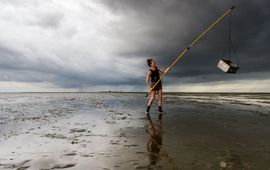
Contrary to the population trends for many shorebirds, sanderlings have been doing relatively well in the Wadden Sea for the past years. The key to that success lies in the timing of these little birds' main food: shrimp on the..
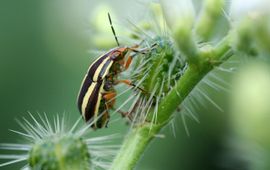
The Dutch Caribbean Nature Alliance (DCNA) along with local nature management organizations across the six Dutch Caribbean islands have recently published 'Guidelines for the Design and Conduct of Research and Monitoring Projects..
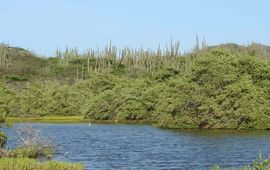
Aruba has seen a major increase of its wetland areas protected under the Ramsar Convention. On 10 November 2023 the Aruban Minister of Nature announced the official designation of four new Ramsar sites. With also the extension of..

Research by Wageningen University & Research (WUR) shows that there is potential on Bonaire to use Nature-based Solutions (NbS) against the consequences of climate change. Extreme weather is expected to occur more often. Tackling..
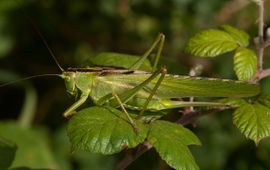
Capgemini experts, together with Naturalis Biodiversity Center and Amazon Web Services, have developed AI models that recognize insect sounds. This is important both for research and nature conservation. ..
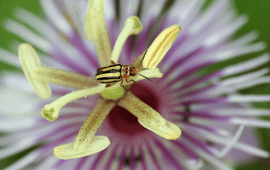
The Dutch Caribbean Nature Alliance (DCNA) and Fundacion Parke Nacional Aruba (FPNA) are proud to announce a symposium on Nature-Based Solutions (NBS) for Ecosystem Restoration and Conservation on the Dutch Caribbean islands. The..
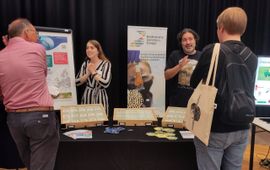
The partnership ARISE wants to map all Dutch biodiversity. Therefore, they called on the help of experts with their own collection from Dutch nature. With success! The bardcoding NL day was the start to expand the national DNA..
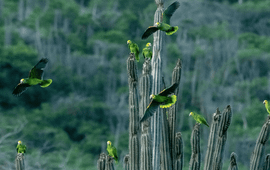
The local government of Bonaire recently announced the acquisition of the former plantation Fontein, supported by the Dutch government in The Hague. With a significant investment of 3.4 million dollars, the government aims to..

Due to the changing climate, the underwater world is getting ever noisier. That is the main conclusion of a study that was published today in the scientific journal PeerJ. ..
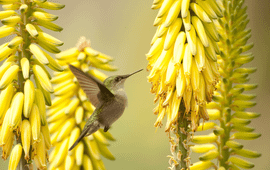
A new DCNA project 'Monitoring for Bird Biodiversity Conservation in the Dutch Caribbean' has officially been launched. Through combining enhanced training, field surveys and the use of a standardized monitoring programme, local..
